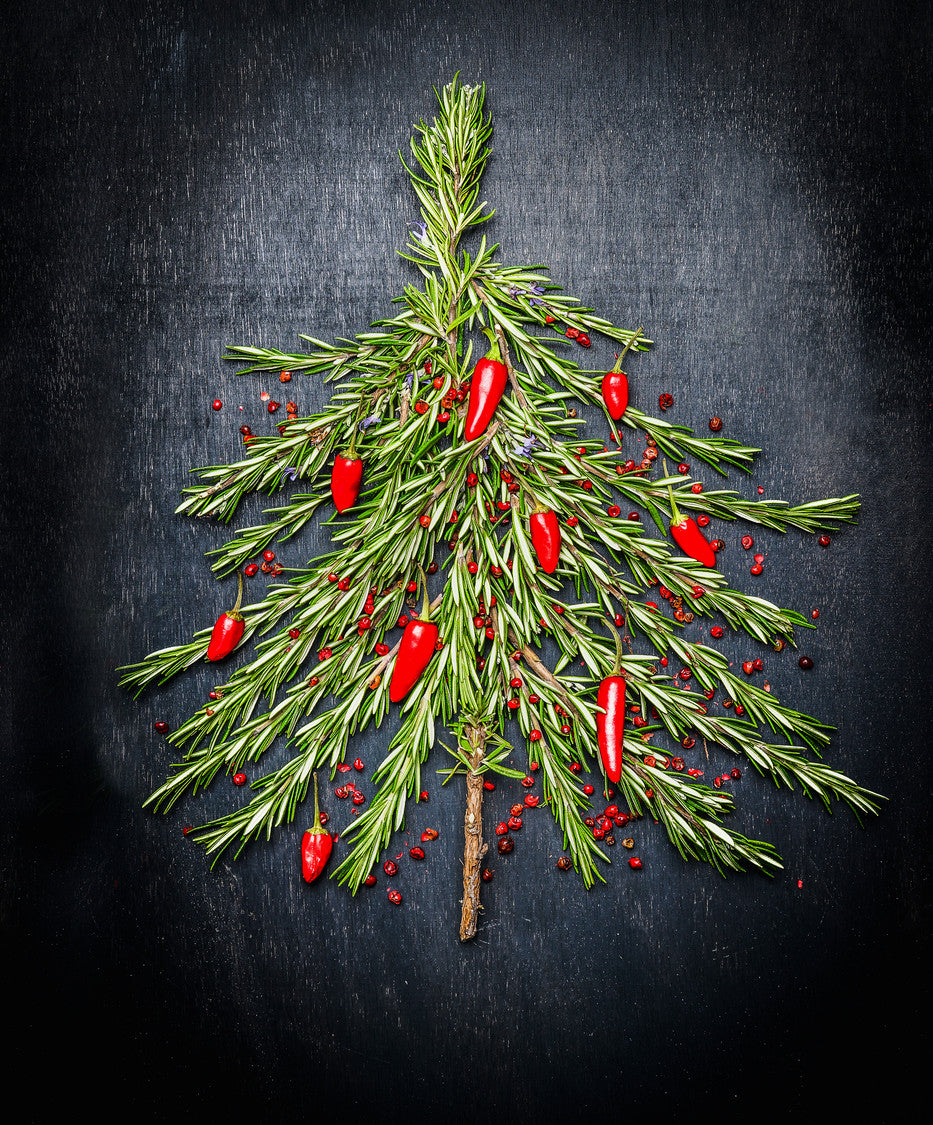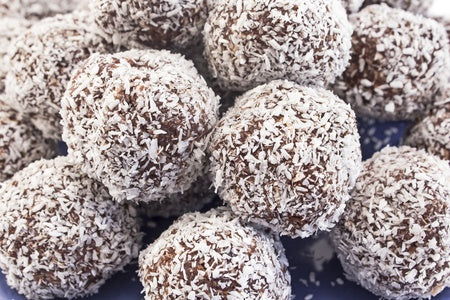Winter Wonderland of Fruits and Vegetables

 Tis always the season for fruits and vegetables. We have access to raw live food all year round, but to optimize our healthy eating habits, it helps to know which fruits and vegetables are in season. Eating local and seasonal produce is beneficial both to your health and the environment. It also helps you spice up meals in the kitchen by experimenting with different flavors. Not to mention, seasonal fruit and vegetables taste better!
Tis always the season for fruits and vegetables. We have access to raw live food all year round, but to optimize our healthy eating habits, it helps to know which fruits and vegetables are in season. Eating local and seasonal produce is beneficial both to your health and the environment. It also helps you spice up meals in the kitchen by experimenting with different flavors. Not to mention, seasonal fruit and vegetables taste better!
When crops are transported, they must be harvested early and often do not ripen as effectively as they would in their natural environment. Fresh, locally harvested foods have their full flavors and nutrients intact. Here is a highlight of the freshest fruits and vegetables available at your local grocery store in the winter season:
Vegetables:
- Brussel sprouts: High in vitamin C. Six brussel sprouts contain 90 per cent of the daily-recommended intake of vitamin C.
- Butternut Squash: High in vitamin A. One of the most popular winter vegetables, butternut squash is rich in dietary fibers, vitamin B, and folates. Click here for O2living’s delicious butternut squash soup recipe.
- Cauliflower: Excellent source of vitamin C and vitamin K. It is a good source of minerals such as manganese, copper, iron, calcium and potassium.
- Potatoes: High in vitamin C. Potatoes are low in cholesterol and sodium, and an excellent source of iron. Although potatoes are readily available from greenhouses throughout the year, the prime time to indulge in this hearty vegetable is during the winter season.
- Pumpkins: Enriched with vitamin A. Pumpkins are high in flavonoid poly-phenolic antioxidants such as leutin, xanthin, and carotenes. In addition, pumpkin seeds are a great source of protein, minerals, vitamins and omega-3 fatty acids
Fruits:
- Persimmons: High in vitamin C. These fruits supply magnesium, potassium and phosphorus. Persimmons are also high in fiber and include plant-based nutrients called phytonutrients.
- Cranberries: High in vitamin C and pro-anthocyanidins. Studies have shown cranberries help prevent cancer, aging and neurological diseases, inflammation, diabetes, and bacterial infections.
- Mandarins: High source of vitamin C. Mandarins contain a good source of B vitamins, are low in calories and a good source of fiber.
- Pears: Pears help reduce cholesterol. Pears are enriched with vitamin C, vitamin K and copper. Pears are rich in pectin, a soluble fiber that helps the body eliminate cholesterol and also protects against environmental toxins.
- Pomegranates: High in vitamin C. Regular intake of pomegranate boosts immunity, improves circulation and can protect against health diseases including cancer
Here is a list of fruits, vegetables and herbs you can count on using in meals all the time:
- Cucumbers
- Carrots
- Lettuce
- Onions
- Mushrooms
- Sweet potatoes
- Broccoli
- Collard greens
- Water crest
- Thyme
- Beets
- Apples
- Mint
- Oranges
- Spinach
- Garlic
- Cabbage


